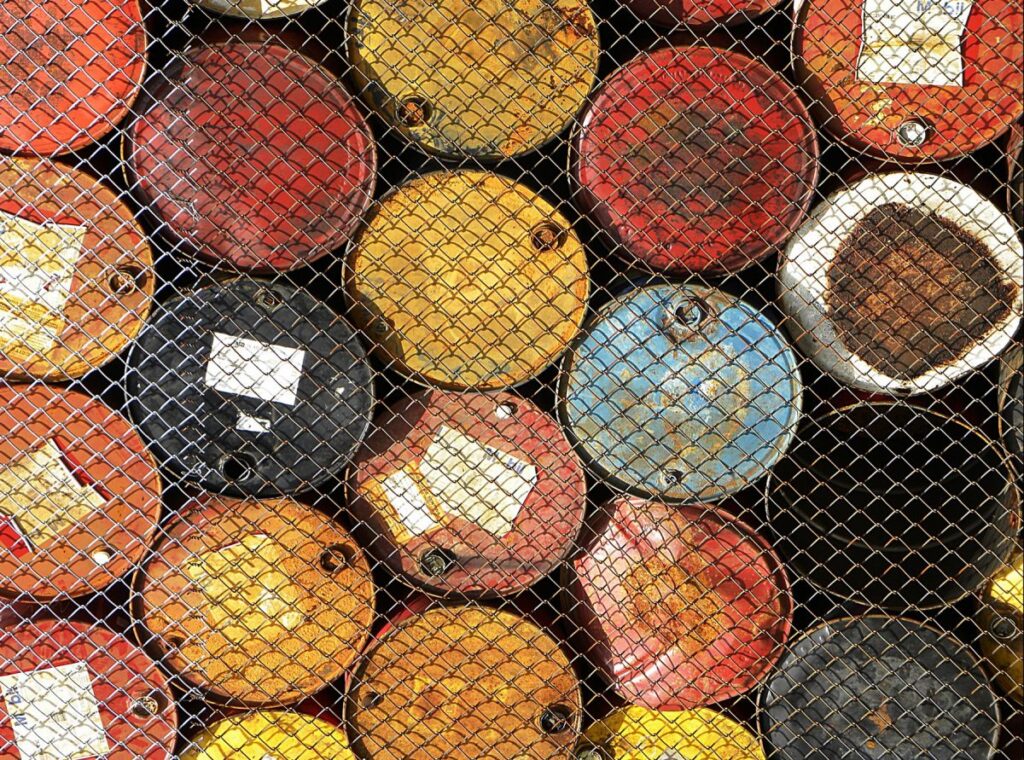
Brent crude oil traded up to $87.83 on Monday, the highest price for the commodity since October 2014, as supply outages push the price for black gold higher.
“Current oil prices reflect a tightening market, as supply outages are not being offset by any negative effect of the Omicron variant in oil demand,” Rystad Energy’s Senior Oil Markets Analyst Louise Dickson said.
Oil prices were further supported Monday by China’s decision to cut interest rates, with the move broadly seen as a net positive for China’s GDP and, consequently, the country’s oil consumption and refinery run rates. China is the world’s biggest importer of oil.
Furthermore, recent reports have pointed to a relatively mild impact from the Covid-19 Omicron variant, which “has increased oil demand expectations for the year, all while the supply picture gets tighter on lowered production in particular from OPEC+ countries,” Dickson explained.
Volatility: The oil trend for 2022
For this year, Rystad expects low oil supplies from Iran while talks of reviving the 2014 JCPOA nuclear deal continue to stalemate. Other OPEC+ countries are also expecting to provide lower supplies, with Rystad pointing to Iraq and Kuwait in particular as countries to watch in this regard due to revised production capacity.
Oil demand for the year is expected to average around 100 million barrels per day, and in some months even surpass 2019 levels.
“Volatility is expected in the recovery trend throughout 2022 as new variants and pandemic risks emerge … Pandemic risks are not only limited to planes being grounded and people working from home. A still very fragile supply chain environment will keep commodities elevated until normal patterns are resumed, and a winter energy crisis of sky-high prices has not been fully mitigated from the supply side,” Dickson said.
“The Kazakhstan unrest already demonstrates that people are increasingly price-sensitive to oil products, with more “Pandemic Spring” protests related to energy or government handling of Covid-19 being a risk,” she concluded.


